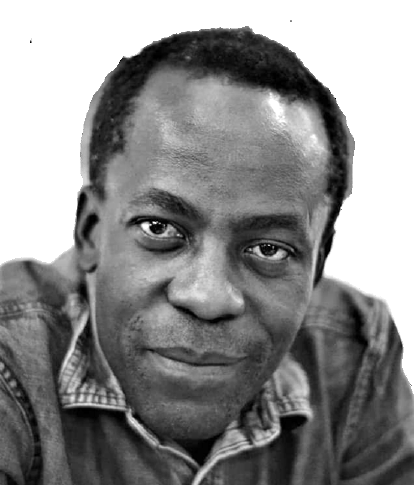Time and time again, history has shown us that the language politicians and the media use when talking about vulnerable groups can have dangerous consequences, says Julia Tinsley-Kent, policy manager at the Migrants’ Rights Network.
An example she gives is home secretary Suella Braverman’s description of ‘an invasion’ for the people who are making dangerous journeys, in rubber dinghies and small boats, across the Channel, in an effort to reach Britain so that they can claim asylum.
‘This was an incredibly dangerous and irresponsible comment to make, especially given the events that preceded these comments. There were numerous revelations appearing in the media about the conditions at the Manston [immigration processing] facility, and there was a terrorist attack that weekend at another immigration facility,’ she says.
Tinsley-Kent points out that the word ‘invasion’ itself is part of a larger theme that has historically played a role in framing how people act, think and talk about immigration in Britain.
‘I’m sure many of you remember [Conservative prime minister] David Cameron referring to migrants as a “swarm” or [Sun columnist] Katie Hopkins’ infamous cockroaches analogy. All of this language relates to the idea of a threat. It aligns with imagery of a battle or war and creates the idea of a common enemy that must be fought,’ she says.
‘It gives the false impression that the “host” country would be overwhelmed by the presence of migrant communities. It falls into old forms of scapegoating, which aims to distract from the real issues impacting a state. A good example at the moment is the cost-of-living crisis.’
“We have to be so careful about the language we use and have to really call out when we see it [being used to demonise people], because it [language] does affect people’s lives.”
Tinsley-Kent explains that language of this nature is also often used in conjunction with images of people of colour or Muslims: ‘I’m thinking back primarily to the image that [UKIP leader] Nigel Farage used when he portrayed, mainly, people of colour and put the words “Breaking Point” next to them. It draws on themes of “the clash of civilisations” and the mythology of who or what can be British [and how] there is perceived to be, in the “host” country, this sort of homogenous society, this homogenous culture, and that it’s inherently under threat by immigrants.’
Tinsley-Kent stresses that words and images such as these are contributing to an increase in hate and division in Britain.
‘People say things like: “These are just words.” They’re not [just words]. They are the very thing that forms the foundation of policies and our immigration systems,’ says Tinsley-Kent. ‘That rhetoric contributes to this idea of justification, that it’s justified that some people are treated [in dehumanising ways] because of how they came here, or where they are from, the colour of their skin, and the stereotypes that are associated with that.’
Tinsley-Kent gives the deal between Rwanda and the UK as an example. The UK plans to forcibly remove all people who arrive in the UK through irregular means and send them to Rwanda where, in exchange for money from Britain, Rwanda will accept the deportees, process their claims and possibly allow them to settle in Rwanda.
‘We are now at a point where it’s seen to be acceptable to treat some people in such a dehumanising way, that it’s acceptable to ship them off to a different part of the world, to effectively outsource our entire asylum system or create this idea of two-tier refugees,’ says Tinsley-Kent. ‘If you’ve come here via one route… you are less deserving of rights than someone else.’
Tinsley-Kent urges politicians and the media to stop vilifying people who are seeking refuge and those on the move. ‘We have to be so careful about the language we use and have to really call out when we see it [being used to demonise people], because it [language] does affect people’s lives. It affects the way they’re treated in the workplace, who can access healthcare, who has no recourse to public funds.’


